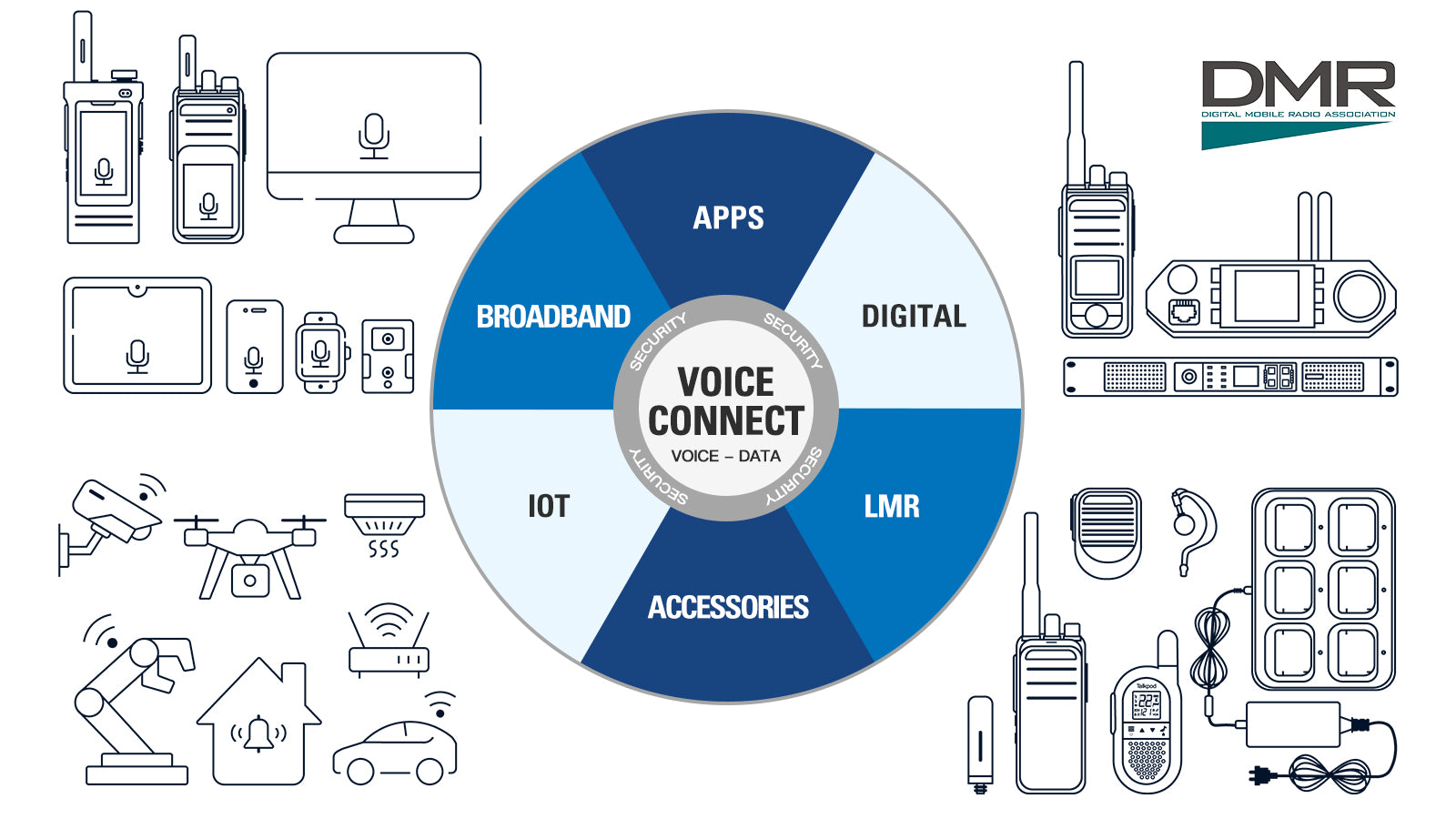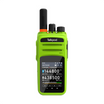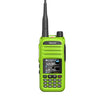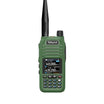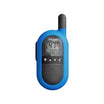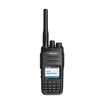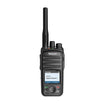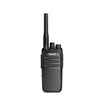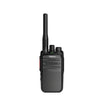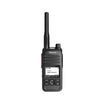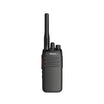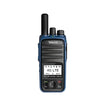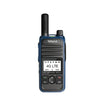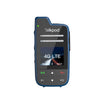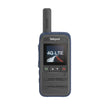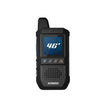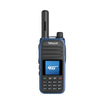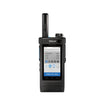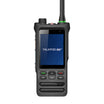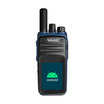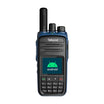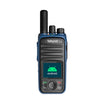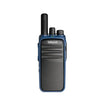Band 68 is a part of the Frequency Division Duplex (FDD-LTE) , an LTE spectrum that has different uplink and downlink frequencies, to allows for simultaneous transmission on two different frequencies.
The bands have a separation between uplink and downlink of 25 MHz which is called the band gap.
THE IMPORTANCE OF BAND 68
Band 68 has recently come to the spotlight because a great potential has been recognised in it as dedicated frequency for emergency management and public safety.
Thanks to its ability to support Private Mobile Radio (PMR), it can help to accelerate digital transformation in public safety.
After The World Radiocommunication Conference in 2015 the European Union has sanctioned that the lower 2 x 5MHz segment of Band 68 would be reserved for Public Protection and Disaster Relieve (PPDR) agencies in Europe.
Additionally, in 2018, 2x3 MHz blocks (bands 733-736 and 788-791 MHz) were also allocated because of the lack of BOS (the german Public Safety Digital Radio agency) devices for the 5 MHz blocks.
As a result, a growing number of European countries are including band 68 in their nationwide or regional coverage, planning also to use Band 68 in situations requiring a portable network solutions or air-to-ground coverage.
This option guarantees an additional layer of dedicated connectivity, that can assure first responders’ communication additional resilience and capacity to supplement the connectivity provided by commercial operators.
HOW CAN BAND 68 BE USED?
Recent demonstrations have proven that Band 68 can support a multi-vendor approach. Several big names in the Telecommunication industry have showed how efficient it can be to communicate via a Private Mobile Radio (PMR) in an ecosystem/collaborative environment that can be used for Mission Critical Communication.
TALKPOD AND BAND 68
Do you want to find out more about our work and how our solutions can be integrated in your systems? Get in touch and we will be happy to answer all your questions.


